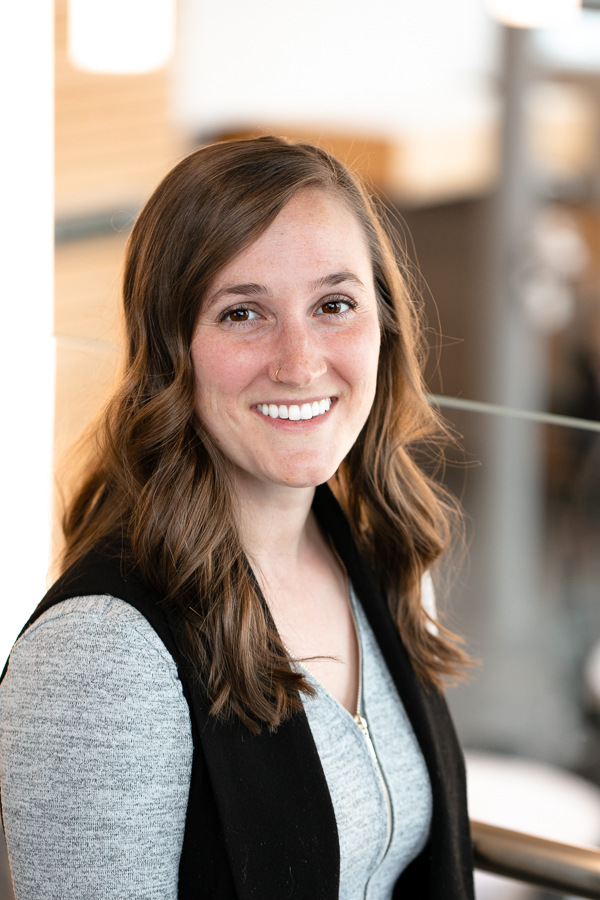The ESRC is proud to announce that three students have officially completed the SSAS program and are graduating on October 16th, 2020! Emma Baker, Meredith Caspell, and Seyi Obasi made important contributions to the field of sustainability science through their research projects while also engaging in other scholarly activities during their time in the SSAS program. We are very proud of them; it’s been an honour to be a part of their academic journey.
Emma Baker joined the SSAS program in 2018 after receiving an Honours BA in Environmental Governance and Geography from the University of Guelph. Her research project, entitled “Resilience in the City: An Analysis of Urban Water Resilience in Strategic Documents for Toronto, Canada” was supervised by Dr. Julia Baird. In addition to this research work, Emma also completed a co-op position as a Camp Director at the Royal Botanical Gardens Discovery Camp in Hamilton. In this position, Emma helped to emphasize experiential, outdoor learning and write programs to focus on various elements of environmental education. Emma was also recently featured on CHCH News for her work at Royal Botanical Gardens!
Meredith Caspell joined the SSAS program in 2018 from Pincher Creek, Alberta. Meredith’s thesis project, titled “Visualizing climatic and non-climatic drivers of coastline change in the Town of Lincoln, Ontario, Canada” was supervised by Dr. Liette Vasseur, and successfully defended by Meredith on June 9th, 2020. Meredith has presented her research at numerous conferences throughout her time in the program, including the CatIQ Connect 2020 conference, for which she was one of only three Canadian graduate students chosen to present. Meredith was recently named recipient of the Esri Canada GIS Scholarship for an interactive ArcGIS StoryMap she created as part of her thesis research. She has also been named recipient of the 2020 Fall Distinguished Graduate Student Award.
Seyi Obasi travelled all the way from Lagos, Nigeria, to join the SSAS program in 2018. Along with fellow graduate Emma Baker, she joined Dr. Julia Baird’s Water Resilience Lab and began her thesis research. She successfully defended her thesis, titled “Determining Individual Endorsement Levels for Water Resilience Principles – A Case Study of the Town of Lincoln, Ontario” on May 26th, 2020. In addition to her work in the SSAS program as a student and a research assistant, Seyi was also very active with Brock International and the Brock University Graduate Student Association (GSA). She was also a recipient of the International Student Ambassador scholarship for the 2019-20 academic year.
In addition to these three SSAS graduates, we would also like to acknowledge two undergraduate students, Ekamjot Dhillon and Jessica Marlow, who will be graduating with the Minor in Environmental Sustainability. All five of our graduates have worked exceedingly hard to reach this important academic milestone, and we hope you’ll join us in expressing our heartfelt congratulations!










